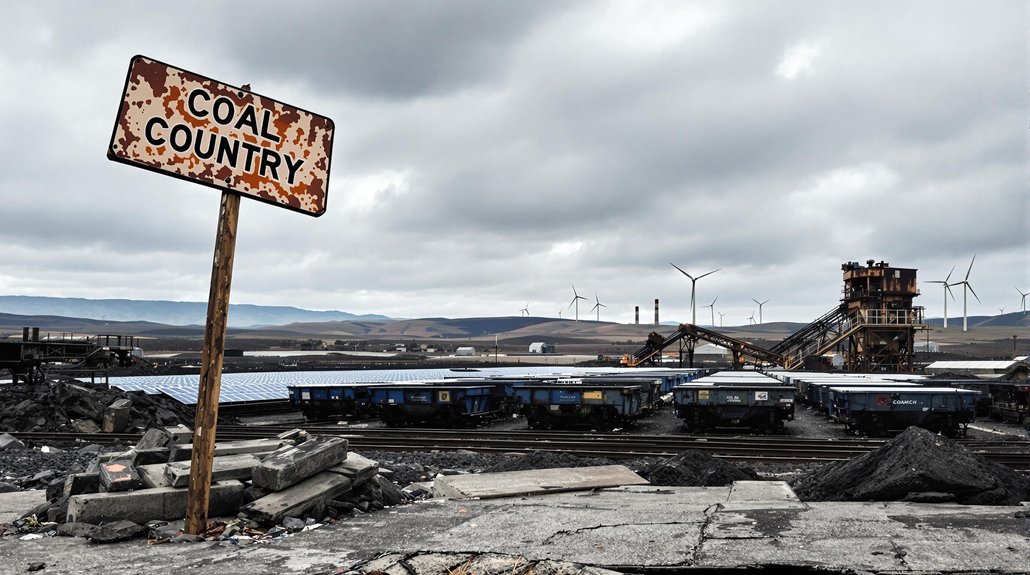While the European Union prides itself on rational governance, its latest regulatory efforts have devolved into a bureaucratic nightmare. Citizens across the continent now face the very real prospect of cold showers thanks to a perfect storm of regulatory failures and institutional paralysis.
Brussels, ever keen to centralize power, has managed to create a system where even basic consumer protections get lost in procedural quicksand.
Brussels’ centralization obsession has buried basic consumer rights beneath mountains of procedural red tape.
The GDPR’s enforcement mechanism offers a textbook example of EU dysfunction. What should be straightforward consumer rights protection has morphed into an administrative labyrinth where cross-border complaints languish for years. Data Protection Authorities from different member states squabble while citizens wait. And wait. And wait some more. The proposed fix? More bureaucracy! Because that always works, right?
Meanwhile, von der Leyen’s administration keeps pushing centralization policies that member states increasingly resist. The migration fiasco speaks volumes – forcing quotas and fines on unwilling nations isn’t governance, it’s bureaucratic bullying. No wonder anti-immigration sentiment keeps rising.
Brussels substitutes moral grandstanding for practical solutions, and everyone loses.
The economic sphere isn’t faring any better. The European Parliament itself has called out the Commission for dragging its feet on industrial policy implementation. Europe’s global competitiveness continues its steady decline while regulators debate comma placement in thousand-page directives. Impressive work!
External relations? Another disaster. Candidate countries for EU membership sit in perpetual waiting rooms while Brussels promises transformation but delivers paperwork. This enlargement theater undermines the Union’s credibility and geopolitical relevance.
The system’s fundamental problem is clear. Bureaucratic inertia combined with corruption perceptions creates a perfect storm of inefficiency. When problems arise, the EU’s reflex is adding more layers of complexity rather than streamlining solutions. Simple GDPR cases now take five or more years for resolution, leaving consumers without effective recourse.
The EU’s stagnation since the Maastricht Treaty in 1992 has only exacerbated these governance issues, highlighting the organization’s failure to evolve with changing times.
The result? Millions of Europeans potentially left in the cold – literally and figuratively – by institutions more concerned with procedure than people.
References
- https://ppc.land/eus-attempt-to-fix-gdpr-enforcement-backfires-spectacularly/
- https://europeanconservative.com/articles/news/von-der-leyens-double-failure-open-borders-and-a-broken-economy/
- https://en.iz.ru/en/1829964/2025-01-28/european-parliament-has-revealed-main-failure-european-union
- https://www.euractiv.com/opinion/beyond-participation-trophies-the-eus-credibility-crisis-in-the-western-balkans/
- https://diem25.org/in-the-eu-nothing-succeeds-like-gross-failure/
- https://eutoday.net/europes-rail-bottlenecks/
- https://www.europarl.europa.eu/doceo/document/E-10-2025-000196_EN.html









